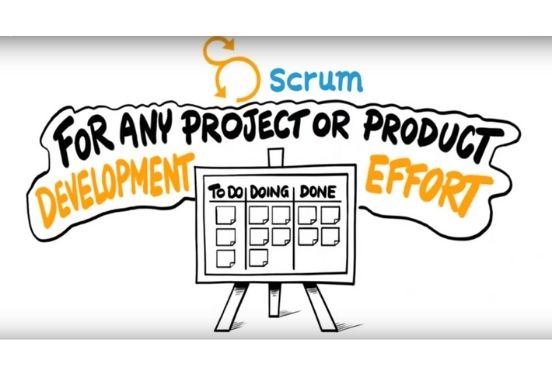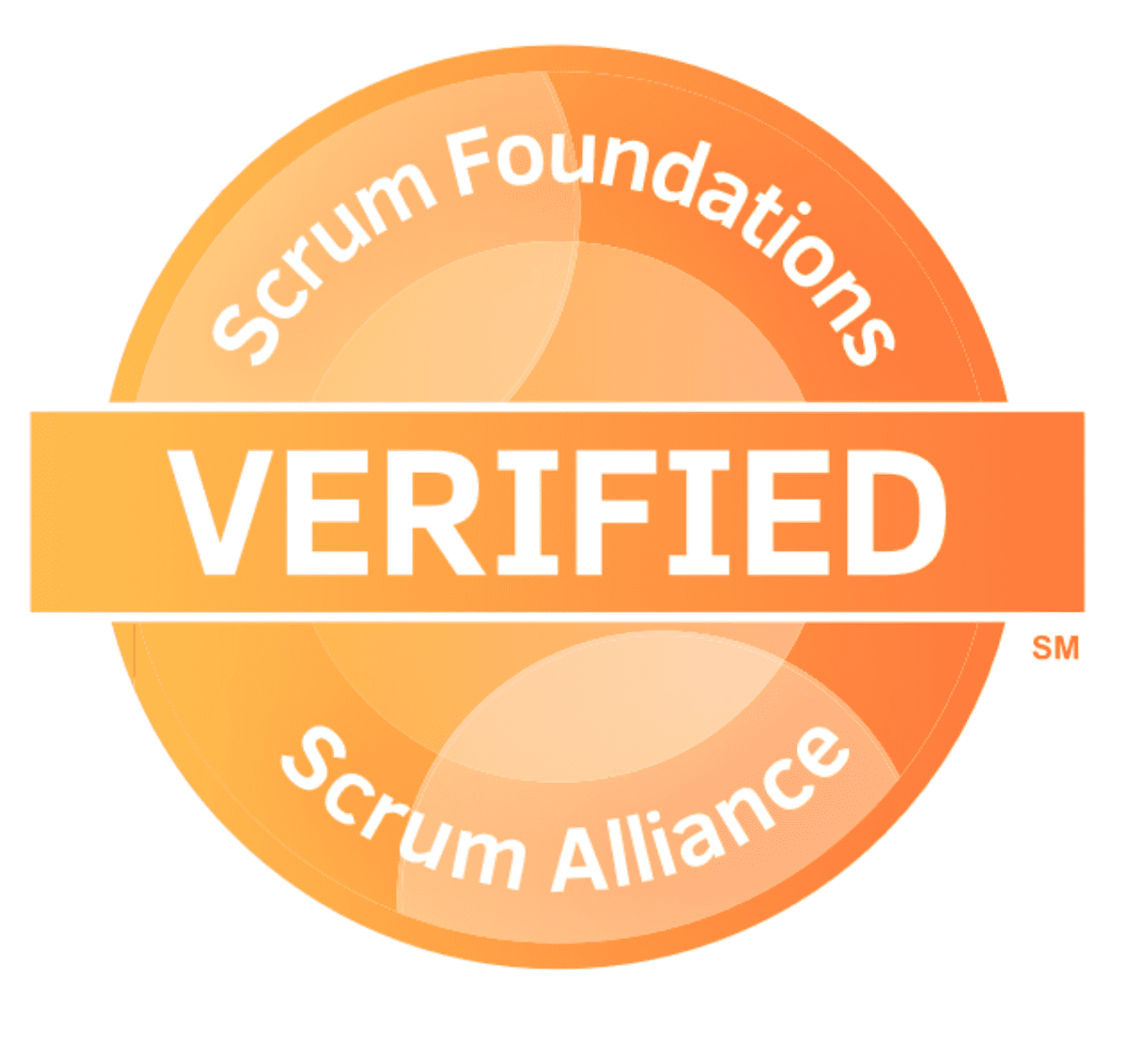What are the Scrum Events?
Prescribed events are used in Scrum to create regularity and to minimize the need for meetings not defined in Scrum. All events are time-boxed events, such that every event has a maximum duration. These include the Sprint itself, Sprint Planning, Daily Scrum, Sprint Review and Sprint Retrospective. Once a Sprint begins, its duration is fixed and…

